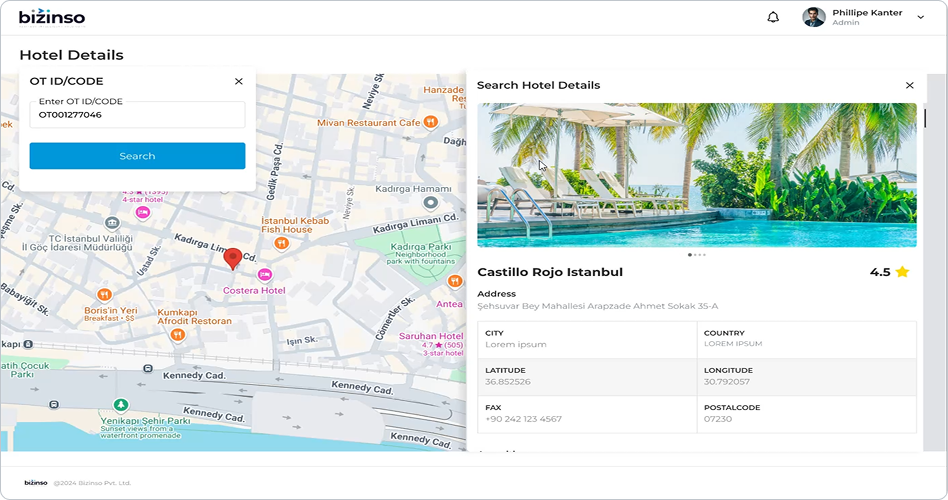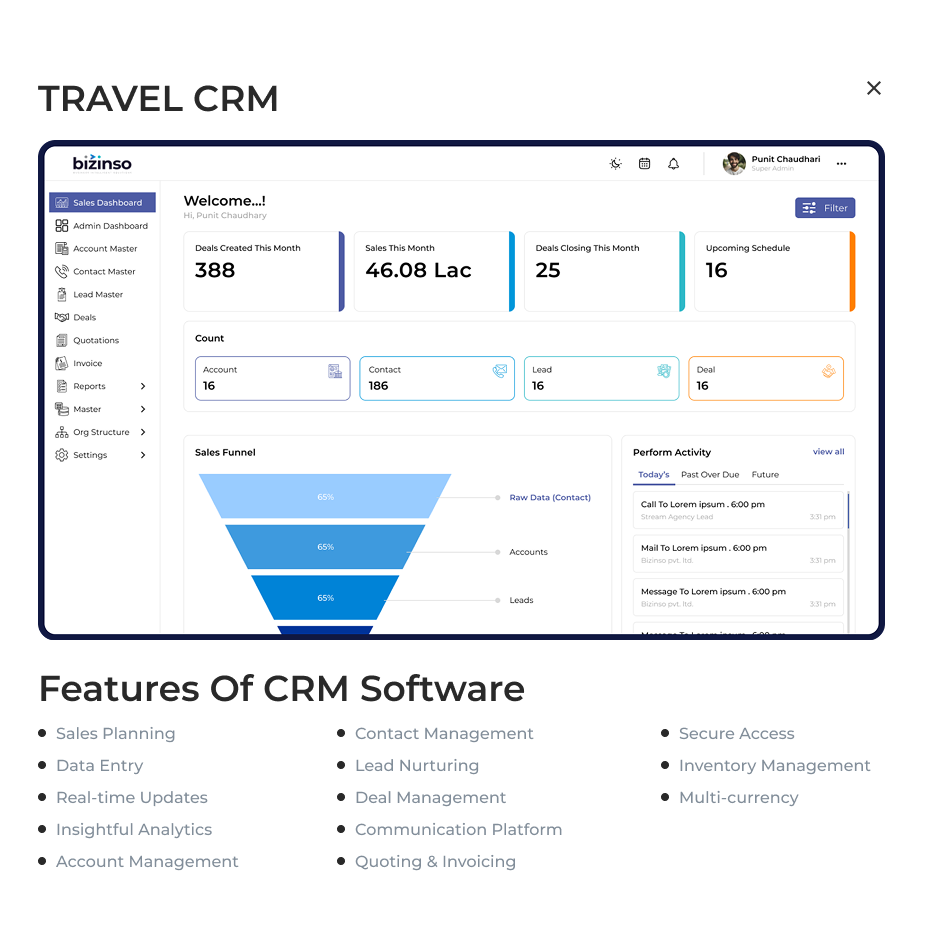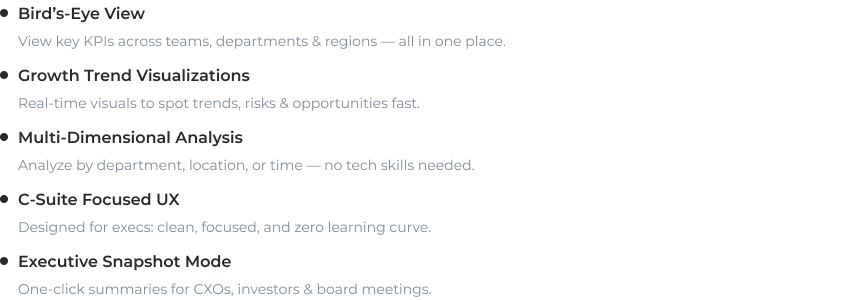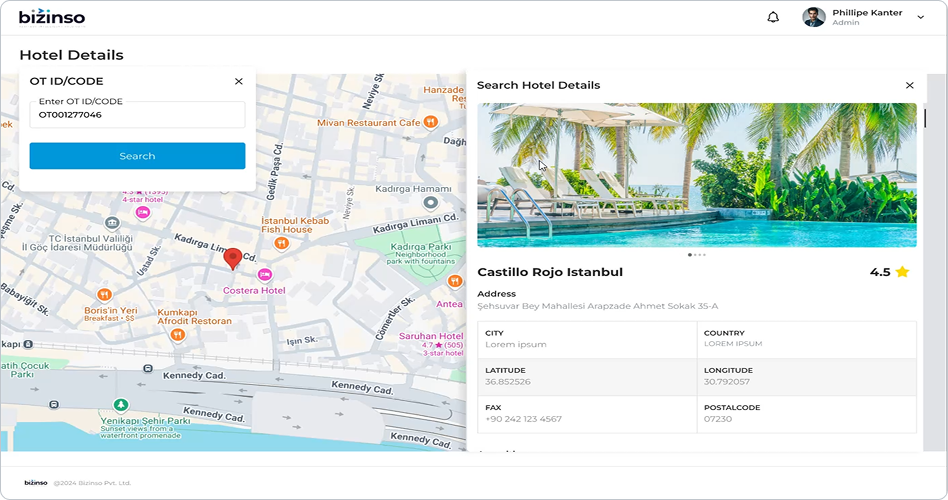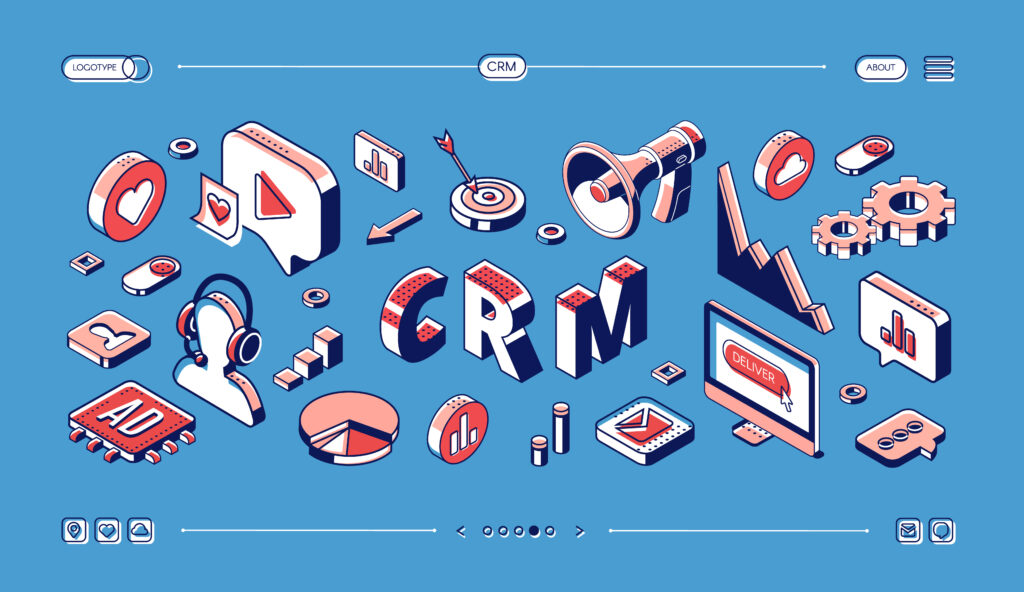
What is CRM? CRM is ‘Customer Relationship Management’ software that is used to manage variety of cross-functional processes and business operations in the modern businesses. The CRM is a one-unified system that helps in managing customer relationships with the help of various modules. These modules are sales, marketing, service, support, team management, accounting and more. It also provides insights into what customers are looking for and what they want from the company or a brand.
CRM helps in understanding your customer’s needs so that you can provide them with better service and products which cater best to their needs. It also helps in generating leads by providing information about the competitors that may not know about.
The global CRM market is predicted to grow at a 13.7 per cent Compound Annual Growth Rate (CAGR) through 2022, according to Gartner estimates. Companies of all sizes are struggling to stay in step with their customers as their preferences related to how they learn about products and when they buy change constantly.
What are the Core Features of a Good CRM?
The best CRM should have the following core features:
- Easy to use and navigate interface, which is intuitive and user-friendly. This will make it easy for the customer service team to use the software and create reports on their performance.
- Comprehensive data storage with a variety of data sources including email, social media, chat transcripts and phone calls. This will allow for easy retrieval of any information about a customer when needed.
- The ability to customize reports by filtering them by date, type or priority level so that only the most important information is shown in each report. This will help to quickly determine what needs to be done next when working on a particular case.
- The ability to provide detailed insights into customer behavior patterns with data from multiple sources so that marketing campaigns can be targeted.
What Makes a Great CRM?
A great CRM can be customized to customers’ and business needs. It should have the features a company needs to deliver their promise in a competitive market. Here are the 12 features to look for in a CRM Solution:
- Easy to implement, use & scale
- Workflow automation
- 100% Customization
- Third-party integration
- Customer service
- Sales forecasting
- Lead management
- CRM data analytics
- Real-time data reporting
- Visualized dashboard
- Employee tracking
- Email notifications
How to Choose the Best CRM That Fits Your Business Needs!
Choosing the best CRM for your business can be a daunting task. There are a lot of factors that you may need to take into account before making a decision. The first thing you need to do is consider what your needs are, and then narrow down your list of potential CRMs to those that best suit your business requirements.
There are a variety of CRM software options available in the market. It is difficult to find the best one that fits your business needs. The following are some of the things you should keep in mind while choosing CRM software for your business:
- What is your budget?
- What features do you need?
- How will the CRM help you achieve your business goals?
- Is it easy to use and manage?
- Is it scalable enough to grow with your business needs?
It’s also important to consider what type of CRM you need – whether it’s for customer management or marketing automation or both.
Conclusion:
Customer relationship management is a strategic tool that helps companies understand their customers and provide them with the best possible experience. CRM allows businesses to measure the success of their marketing campaigns, improve customer service, monitor the team’s productivity and boost sales. It also helps businesses to keep an eye on what customers are doing, it provides insights into customer behavior and it can automate repetitive tasks that don’t require human input.
The benefits of CRM are numerous; but it’s upto the wisdom of business heads to implement and integrate the right CRM into their system. There are many different types of CRMs available today – from simple email tools to sophisticated software programs with predictive analytics and machine learning capabilities. We hope this blog helps you define your CRM selection and to know more you can always connect to a subject expert, which can save you time and money both.
